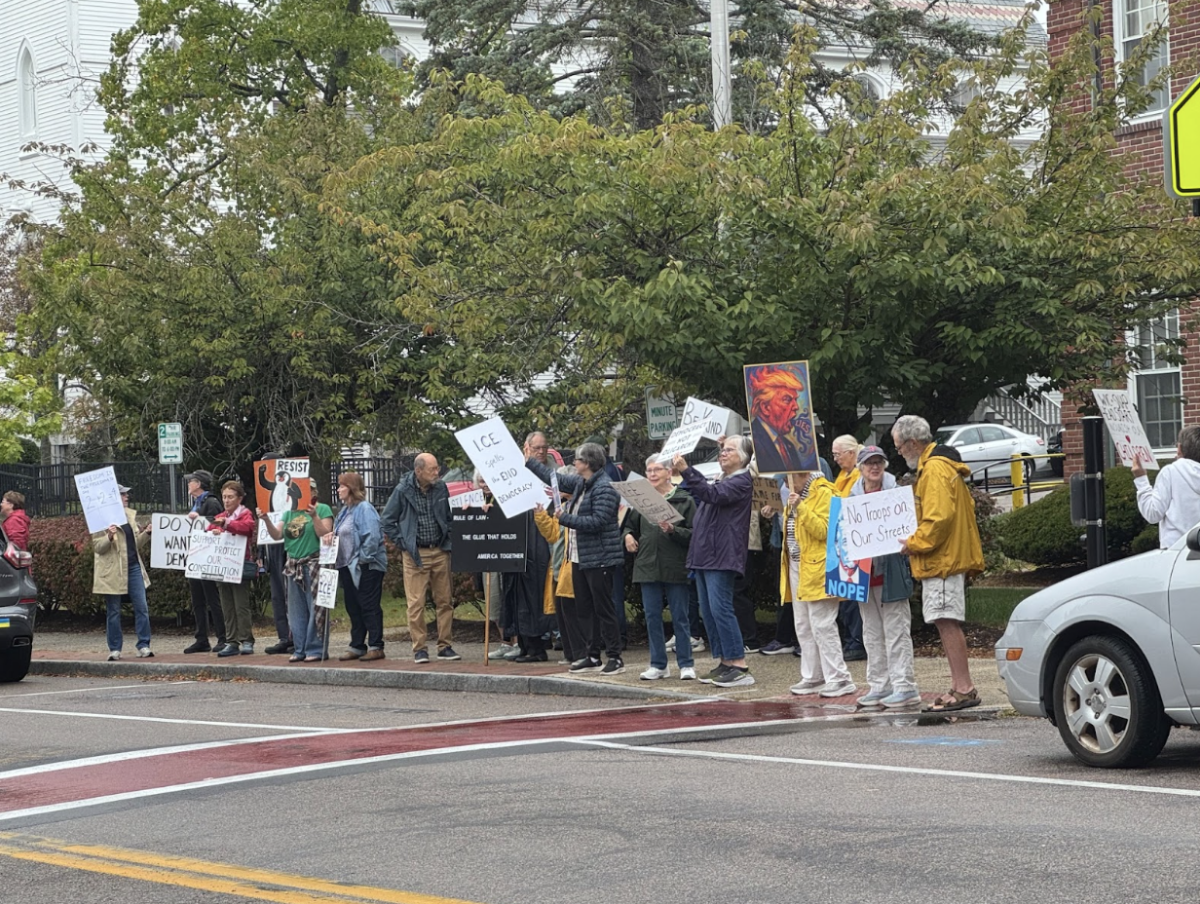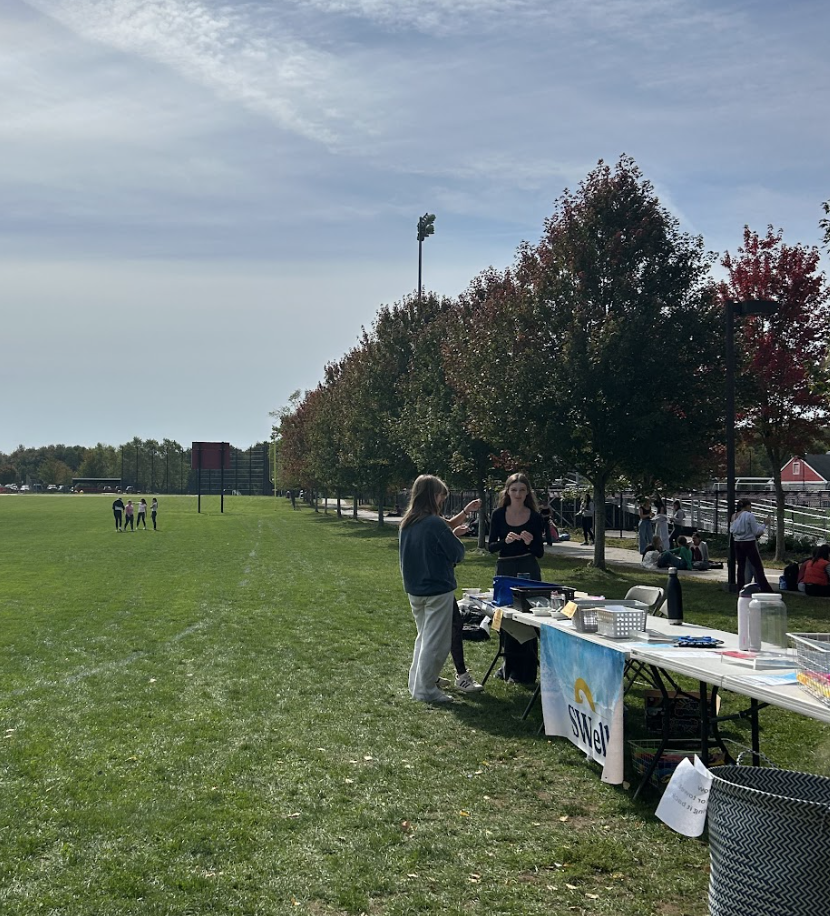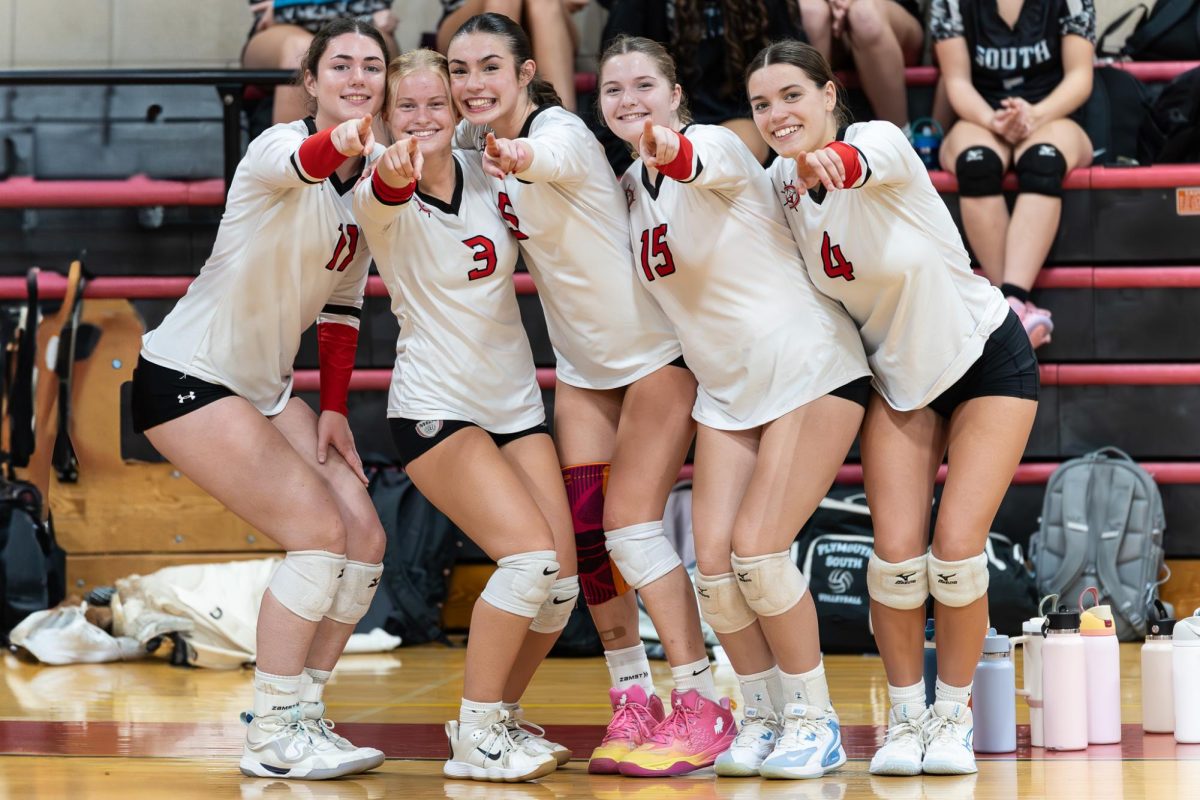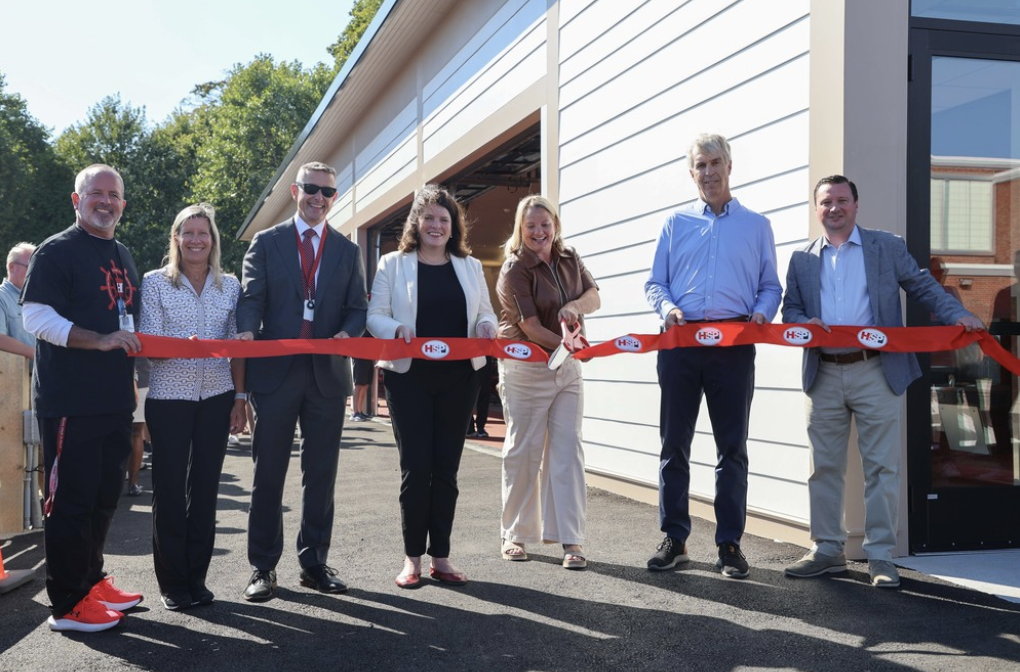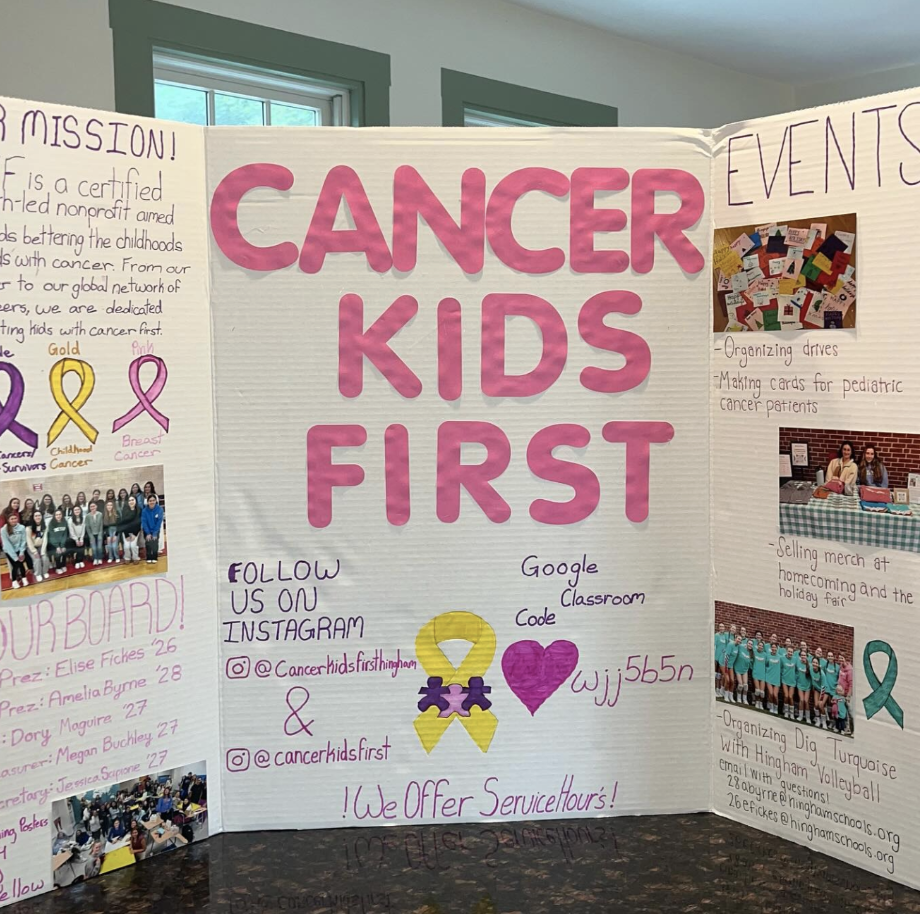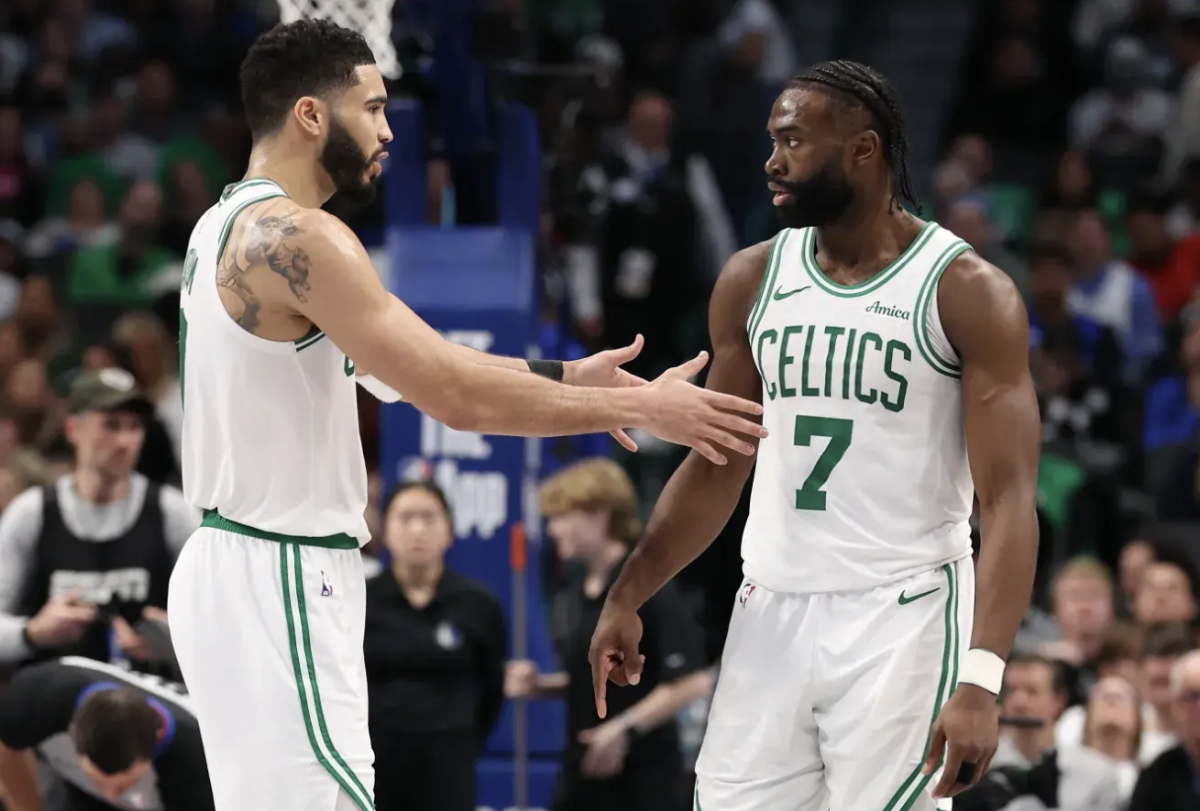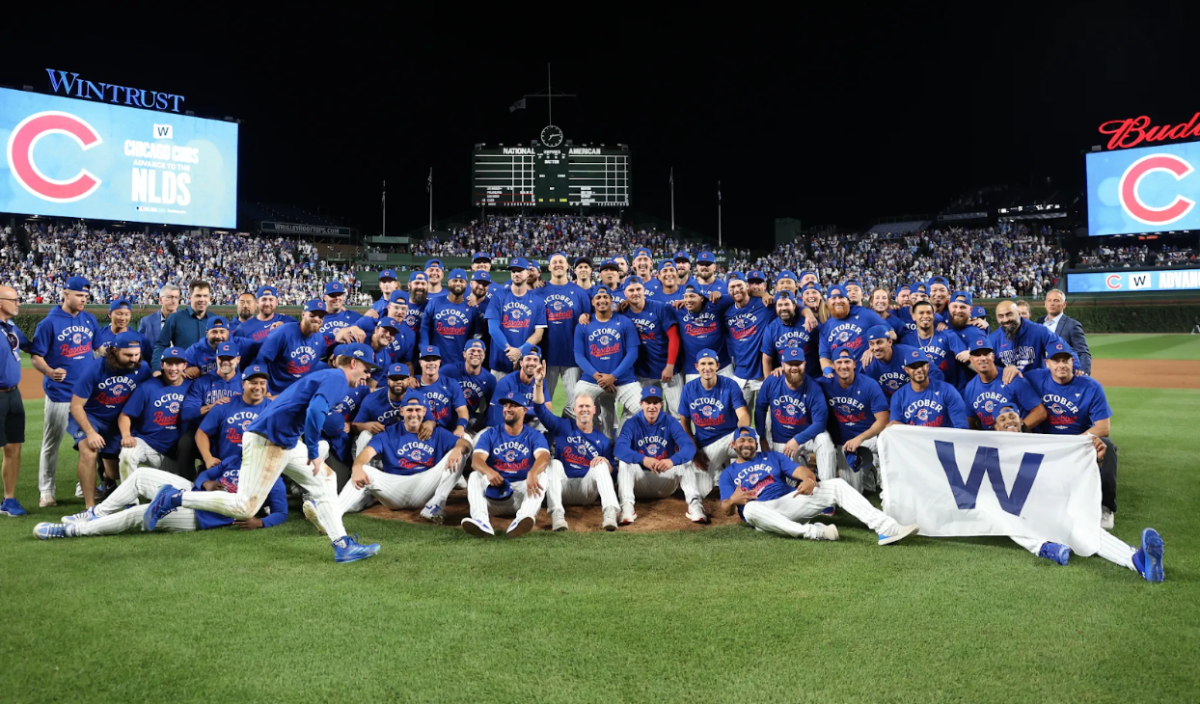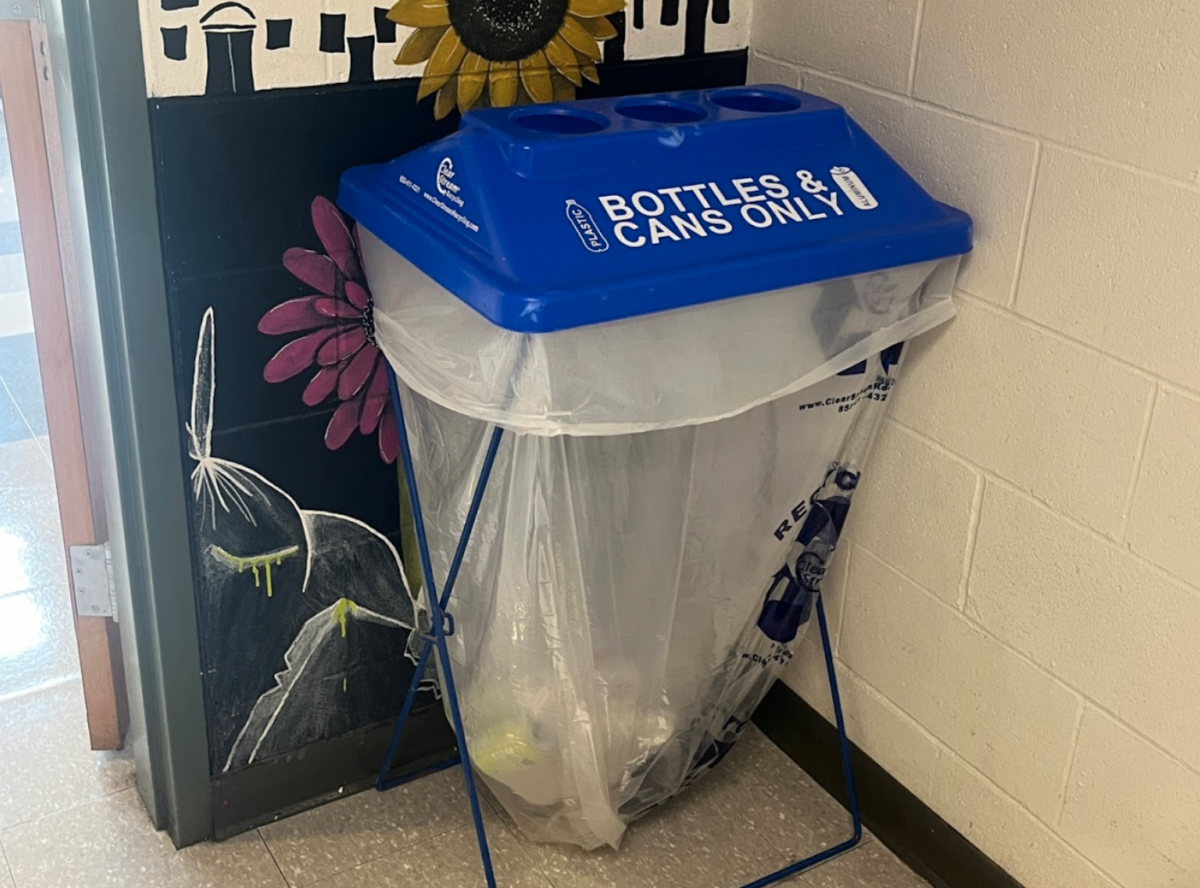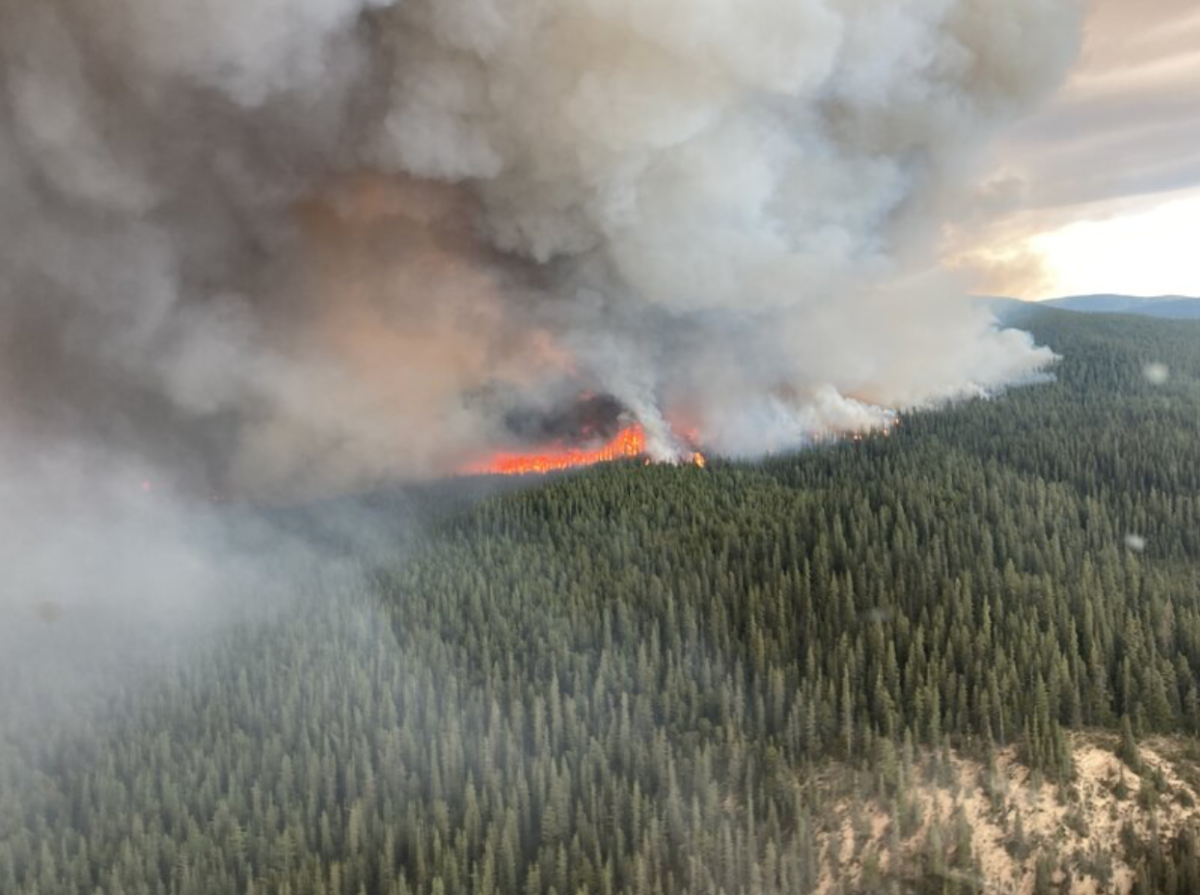Should students be getting COVID booster shots?

The Moderna COVID-19 used for booster shots.
November 1, 2021
With the emergence of the Delta Variant, a more virulent and deadly virus, cases of COVID infections in vaccinated people have increased greatly. This brought into question the efficacy of the RNA based COVID vaccines, such as Pfizer and Moderna, which when first administered have a 90% success rate in stopping new infections. With the discovery that the effectiveness of the vaccine can decline over time, particularly after 6 months, the CDC has approved booster doses of the Pfizer vaccine. However, it is only recommended for the elderly or older people(50-64) with underlying conditions, who have been vaccinated for 6 months. While those under the age of fifty with underlying conditions or who are at high risk of infection are able to get the vaccine, it is not recommended.
With students still masked until at least November 1st with proof of 90% vaccination and the Delta Variant running rampant, many have questioned whether students should get booster shots. Junior Jackson McManus is all for the idea, stating “I think it’s a great step in the correct direction when it comes to improving the risk of COVID in this community.” Getting booster shots is an ideal situation, but as some such as senior Matt Carr pointed out “The vaccine is a great thing, but others still need to get the vaccine before we can afford to give boosters to the healthy and already vaccinated.”
Others are worried about a pattern developing in being reliant on the next shot, as senior Brian Odell states, “I have no problem with taking another shot for stronger immunity, but at some point we have to return to normalcy. It makes sense for those at special risk for COVID but for healthy, vaccinated people it doesn’t seem necessary. We can’t keep getting vaccines to avoid risk and dodge the reality of living normally alongside COVID.” In other words, if we all keep putting off going back to normal because we could all be slightly better protected, we will never make the return to normalcy.
Finally, there have been calls for those not already vaccinated to get it before others are getting boosters. Senior Damian Doyle agrees, as, “in my opinion, we should focus on increasing vaccination rates before seriously considering boosters because the vaccine alone has been shown to limit COVID, we just need more participation. If the vaccine works, though, we shouldn’t need booster shots for a while.” Supporters of this viewpoint will point towards less affluent countries where vaccine rates are low, and propose sending resources to get people vaccinated there before focusing on booster shots for everyone in developed countries.
For the moment it does not look like students will be getting booster shots anytime soon, but as more variants appear and depending on if the efficacy of the vaccine fades further, the CDC could open up booster shots to the general population and maybe even recommend it.




